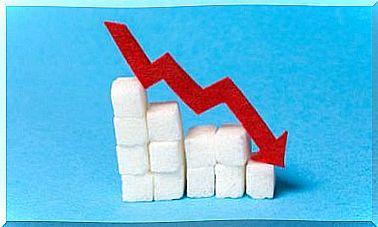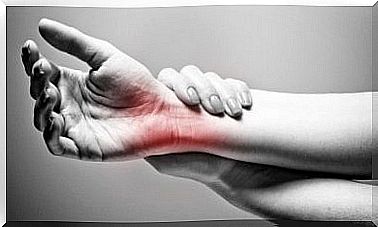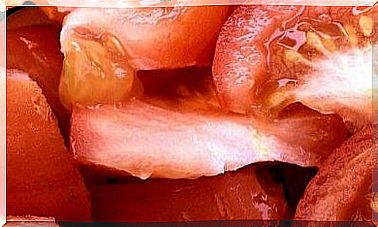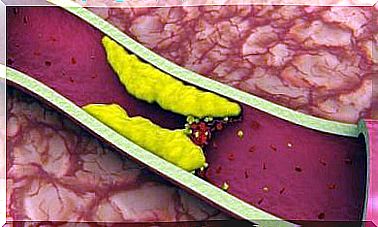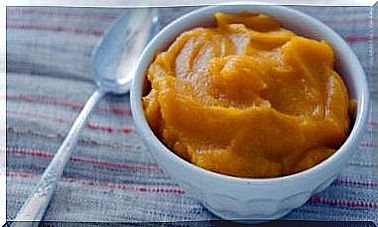Vitamin K: Need And Function
There is not just one vitamin K, but a whole group of similar vitamins that you will not have heard of much.
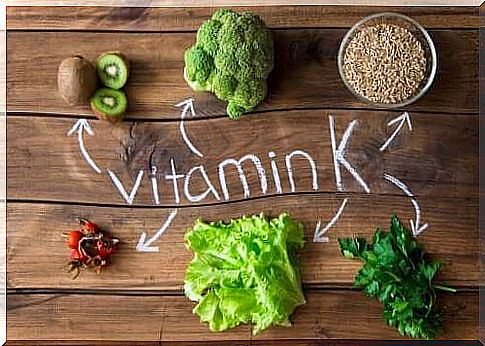
A deficiency in vitamin K is very rare, but it is quite possible in the case of malnutrition or malnutrition. As a rule, however, your supply of this vitamin is covered by your daily diet, so you don’t have to worry much.
What is vitamin K for?
Vitamin K is actually a collective term for a whole group of fat-soluble vitamins : Vitamins K1, K2 and K3, of which only K1 and K2 are important for the human metabolism.
This vitamin is fat-soluble and heat-stable, so only very little vitamin loss occurs when cooking food. However, you should pay attention to the storage, because the vitamin is sensitive to UV radiation, i.e. light!
One of the main functions of the vitamin is that of the formation of blood clotting factors. Other processes in which it is involved are:
- Regulation of cell growth
- Prevents hardening of the arteries
- Inhibition of bone loss (osteoporosis!)
- Forms blood clotting factors
Because of its important properties in the prevention of osteoporosis, the vitamin is particularly important for older women.
What happens in the event of an undersupply?
Except for extreme malnutrition such as bulimia, it is not possible to have a vitamin K deficiency. A deficiency is, among other things, a side effect of long-term use of some antibiotics or chronic diseases of the digestive organs and cirrhosis of the liver.
The less vitamin K the body has available, the “thinner” the blood and the worse the blood clotting. The effects of a deficiency in this vitamin are therefore:
- Spontaneous bleeding
- High blood loss with minor injuries
- Increased risk of cerebral haemorrhage
Newborns are initially deficient in vitamin K, which increases the risk of fatal complications. Therefore, the vitamin is often given prophylactically to healthy newborns.
What happens in the event of an overdose?
An overdose of vitamin K is not possible with a normal diet and even with massive overdose of vitamin preparations, no harmful effects have been found in healthy adults.
However, there are two risk groups that an overdose can be fatal: newborns and people taking anticoagulant medicines.
In newborns, an overdose of vitamin K can cause the breakdown of red blood cells and those taking anticoagulant drugs should know that the vitamin can counteract their effects.
However, this does not mean that you should generally avoid foods that contain the vitamin! It is only important to avoid food supplements with this vitamin additive and also to avoid “functional foods” that are enriched with vitamins.
Vitamin K is found in these foods
Basically, there is a lot of vitamin K in all green leafy vegetables such as spinach, lettuce, cabbage and many other green vegetables and legumes. Smaller but not irrelevant amounts are in
- Liver,
- lean meat,
- Dairy products and
- To find eggs.
Fruit is a poor source of the vitamin as it is only found in small amounts. Certain intestinal bacteria are also able to produce the vitamin. How high the absorption of the “self-produced” vitamin from the intestine is, however, cannot be said.
What is my need for vitamin K?
Vitamin K is still a comparatively “new” vitamin, for which a Nobel Prize was awarded for its discovery in 1943! This is the explanation for why many data are still based on estimated values or simply do not yet exist.
There are still no meaningful studies on demand, which is why the figures are only estimates. However, the vitamin is essential, so it must always be taken in with food.
The German Nutrition Society (DGE) specifies the daily requirement as 60 to 80 mg, depending on gender and age, with men and seniors, especially women, having an increased need to prevent osteoporosis.
